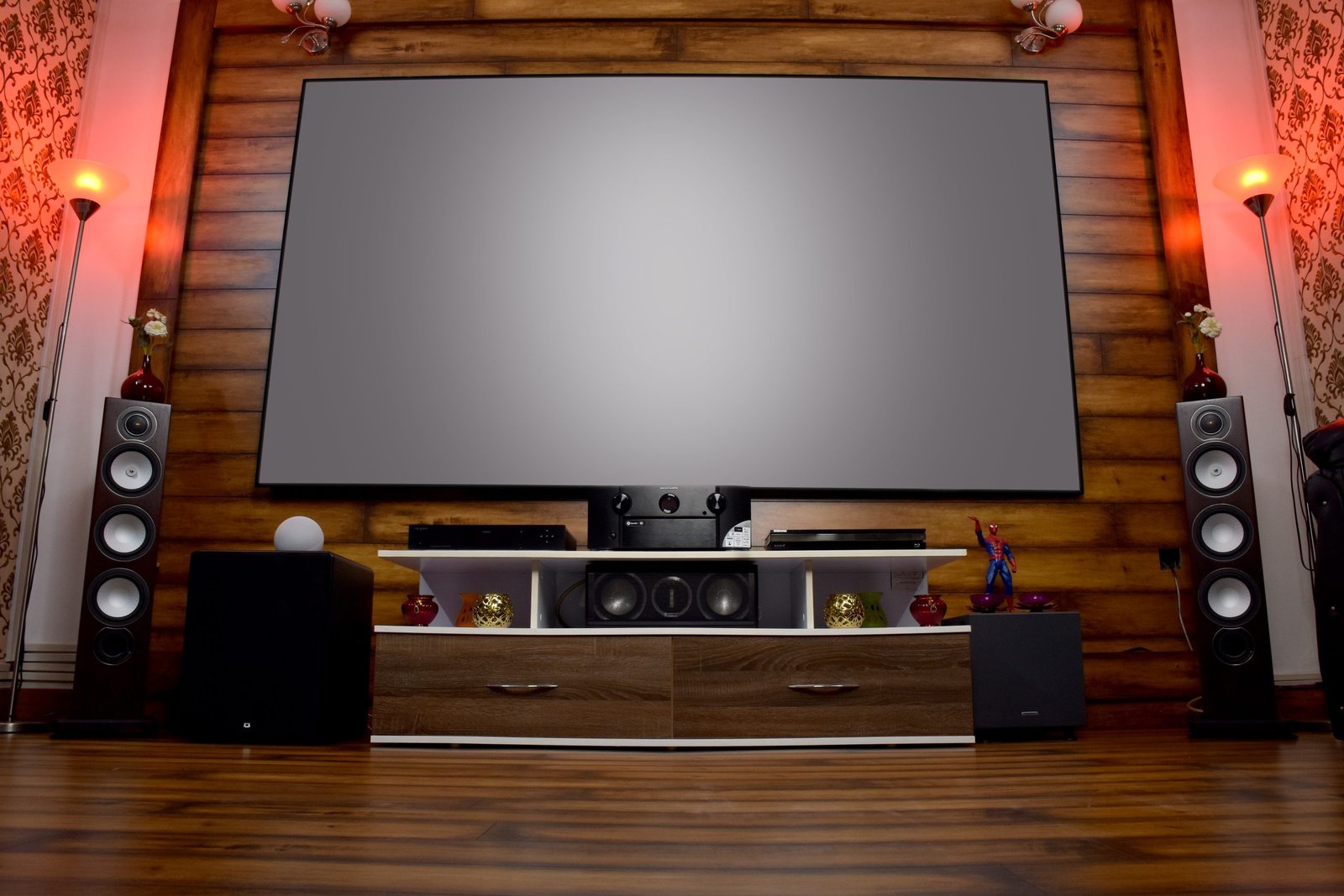Power Management
-
Reviews

Efficient Home Theater Power Management: Enhancing Performance and Saving Energy
With the increasing popularity of home theaters, the demand for high-quality audio and video equipment has surged in recent years.…
Read More »


